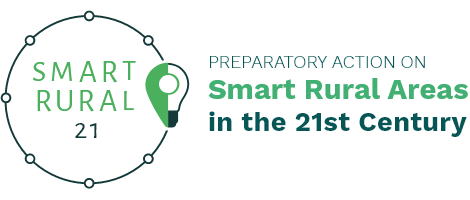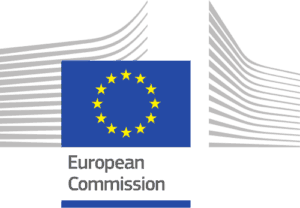Roadmap Toolbox
Roadmap Step: Designing a strategy
Smart village strategies have all the key components of local development strategies. Strategies are structured according to a clear intervention logic, including overall, specific and operational objectives in response to challenges and needs and building on assets and opportunities, a set of planned activities and indicators to measure achievements. At the same time, smart village strategies aim to identify innovative solutions (digital, technological, social or other) in response to challenges and opportunities of the local community and area.
Smart Village Strategy Template
The smart village strategy template is a tool to help local communities to develop a local development strategy that is adapted to the ‘smart village’ concept. The template aims to help creating a vision and a development path for the village in the medium to long term. ...
Read moreUtilising e-participation tools in the framework of Smart Village Strategy development and/or implementation
The question often arises whether digital technologies can be used not only as a tool for solving specific problems of rural communities, but also for supporting the cooperation of local actors in joint strategy development. So-called e-participation tools or platforms are often referred to in this context. Digital tools have become available to better engage local citizens in political or strategic decision-making. However, tools currently differ considerably in terms of the functions they offer, and not every tool is well suited to support every participation or collaboration.
Read moreeTownz Community Management Dashboard
This digital tool allows communities to create and manage a “Smart Community Plan” on an ongoing basis. The smart community plan consists of a database of local assets, stakeholders, projects, goals, metrics and funding opportunities. Each entry is tagged with a hierarchy of relevant themes which in turn allows the community plans to be continually edited but also downloaded under any theme. The dashboard allows all members of the community to identify the themes and projects for the community with the aim of building action teams based on personal interest and skills.
Read moreSustainable support for citizens’ initiatives: The ‘sustainizability model’
The sustainizability model consists of six domains - each with their typical characteristics, values, and standards - each of which can ideally be considered in the planning of any initiative. The model’s advantage is to link various initiatives in a structured way – and bring the relevant expertise related to these for a more integrated approach. The idea is that during a first phase people need to work in the “six siloes” according to their relevant expertise, and then brought together for a more integrated approach.
Read more

